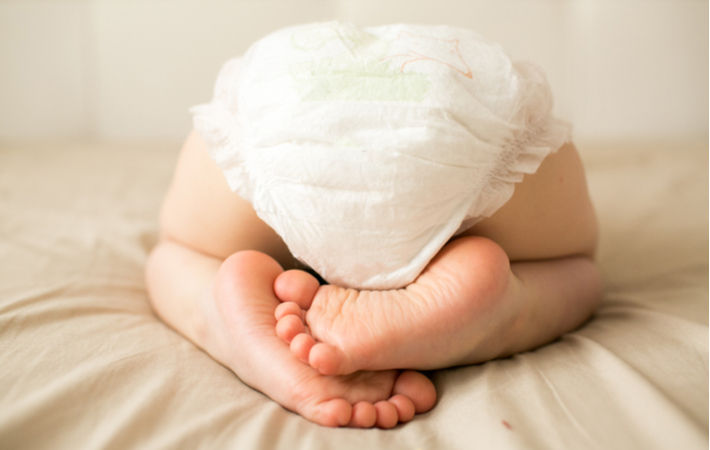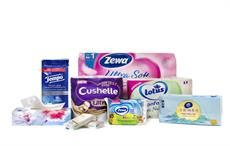
The programme, branded Couches Fertiles (Fertile Diapers) by Les Alchimistes , a young socially responsible company, is an initiative to demonstrate the sustainable, controlled and full-cycle process of the compostable diapers from use to collection to disposal in a variety of institutions in Paris, France.
To create a realistic and authentic solution eliminating ecologically destructive diaper waste, the companies recognised tackling a longstanding and difficult problem would mean developing a multi-pronged strategy starting with product development. Cellulose de Brocéliande team sought an innovative way to make a functional diaper composed of sustainable materials. Cellulose de Brocélainde identified Tethis as a key contributor for the trial, in which Tethis provided the novel ingredient, and the expertise to embed it within their innovative and specially designed diapers maximising effectiveness of the materials, Tethis said in a press release.
In this unique collaboration, Tethis provided the breakthrough absorption technology for the compostable diapers while Agromousquetaires, through its Celluloses de Broceliande subsidiary, has developed an innovative diaper design, manufactured the diapers and Les Alchimistes managed the distribution, collection, and evaluation of the programme, from the distribution of diapers to the evaluation of their performance through to converting the used products to industrial compost.
According to a report from the US Environmental Protection Agency, an estimated 20 billion disposable diapers accumulate in landfills in the US alone, with Europe representing even larger amounts of similar waste. Europe leads in global efforts to increase causes supporting a circular economy for consumer products through policies such as the Paris Agreement. Goals of such policies require organisations to prioritise actions to reduce carbon, thus, engaging in waste management practices including composting, recycling, and zero-waste initiatives, according to Tethis.
While many components of diapers have been made compostable, the absorbent material that makes the diaper work has been made from environmentally persistent polymers, called polyacrylates. To date, there has been no bio-based alternative with the performance and economics necessary to make a compatible diaper work at scale.
“Our technology addresses a well-known ecological nightmare for society, but that to date has had no effective solution. The partnership with Cellulose de Brocéliande and Couches Fertiles is one of my proudest achievements, as we have demonstrated the successful use of our material within the first mass consumer trial of compostable diapers to market for a more environmentally conscious future with a partner that is driven to make it a commercial reality,” Robin Weitkamp, chief executive officer for Tethis said in a statement.
“We are committed to finding a way to balance excellent performance in diapers without leaving a permanent waste. We view this type of product as inevitable and important for France and for society as a whole,” Eric Vilmen, head of development at Cellulose de Brocéliande said.
Fibre2Fashion News Desk (GK)

